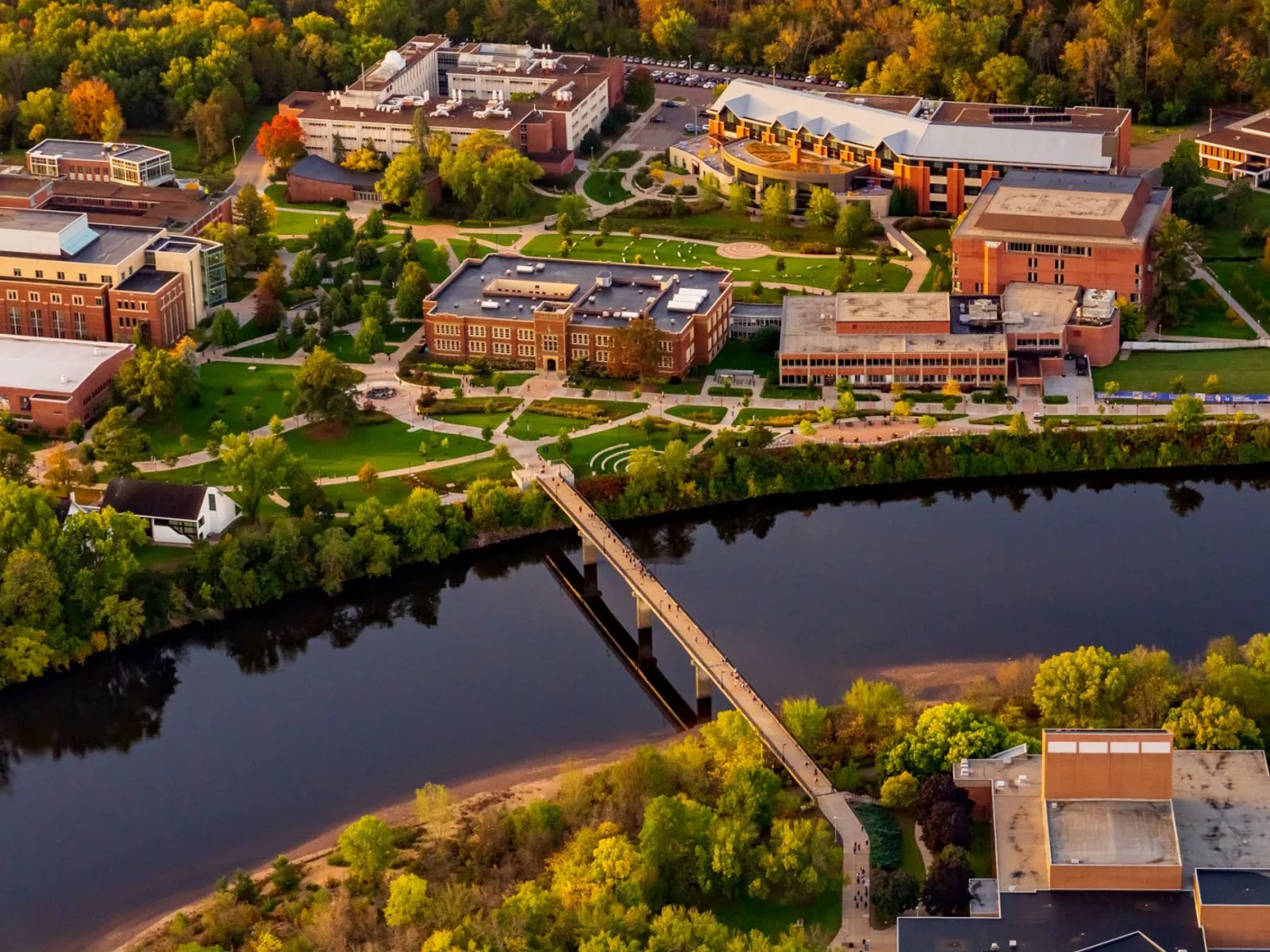As EPIIC awardees, we will leverage our common strengths to increase capacity for partnerships in alignment with our institutional strategic plans. We will learn from our institutional differences to enhance our institutions’ capacity to engage effectively in our regional innovation ecosystems. We have identified institutional inward-facing and outward-facing cultural barriers that prevent each of our institutions from reaching their full potential in forming and sustaining external partnerships. Changes will position us to:
Align our institutional resources to promote external partnership development and improve institutional capacity to position TCNJ for future partnership development
Increase student engagement in use-inspired projects and in answering research and technology questions, leading to enhanced student success
Encourage research-inactive faculty to engage again with research and scholarship and prevent research-active faculty from becoming inactive
Increase activity in technology/economic development
Model how research-active PUIs can meaningfully engage in regional innovation ecosystems
The College of New Jersey
The Schools of Engineering and Science at The College of New Jersey seek to use the NSF EPIIC award to increase the number, diversity, and depth of external partnerships. We aim to be viewed as true partners in the innovation ecosystem that exists in New Jersey. Furthermore, we aim to change the internal structures and attitudes surrounding external partnerships at TCNJ by creating boiler-plate documents to define partnerships and encouraging faculty to explore partnerships using incentives. We are supporting four faculty fellows to serve as EPIIC ambassadors; these fellows are pursuing a variety of partnerships and engagements in their research and courses.
University of Wisconsin - Eau Claire
The University of Wisconsin–Eau Claire aims to enhance its innovation capacity by strengthening connections with industry partners. This requires a cultural shift—both in how industry perceives the university and in how the university values external collaborations. By transforming these perspectives, UWEC will expand its external partnerships by increasing their number, deepening existing collaborations, and broadening engagement across the university. The EPIIC grant supports this effort by mapping current STEM partnerships, identifying potential new collaborations, and recognizing opportunities to expand existing ones. Faculty Partnership Fellows in each STEM department play a key role in this process, acting as liaisons and advocating for the value of industry engagement in tenure and promotion decisions. Additionally, UWEC is streamlining collaboration with industry by establishing the Office of Corporate and Community Partnerships as a central access point and simplifying partnership agreements.









